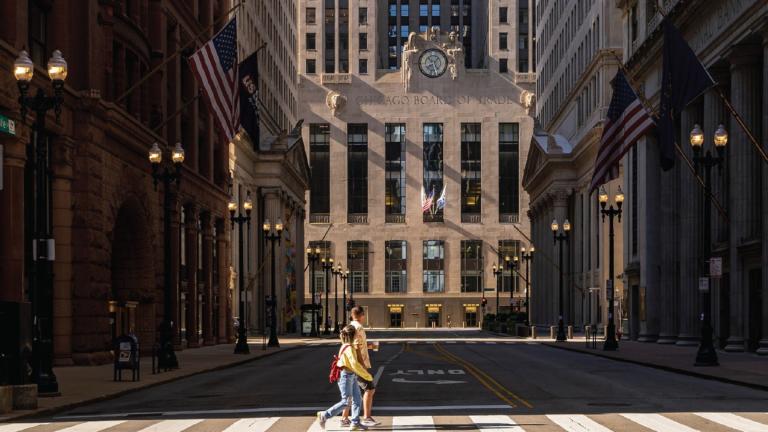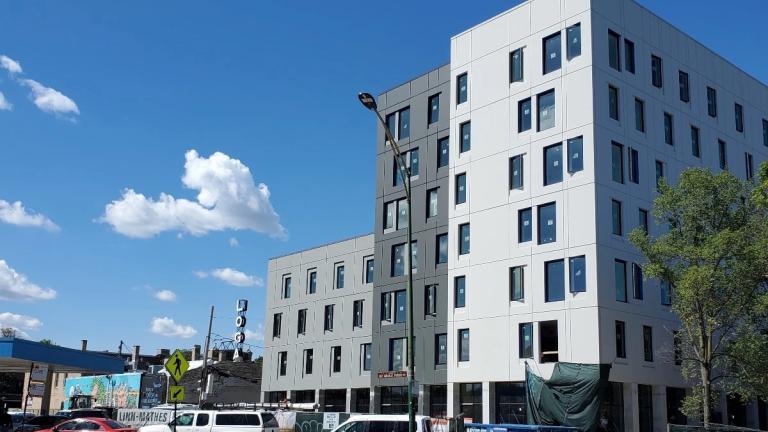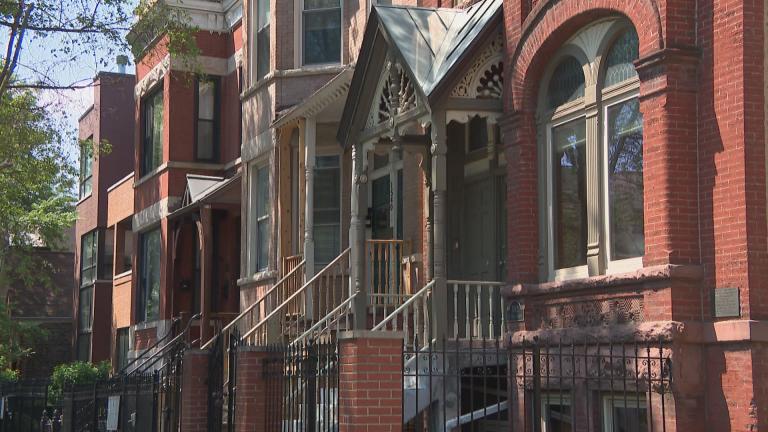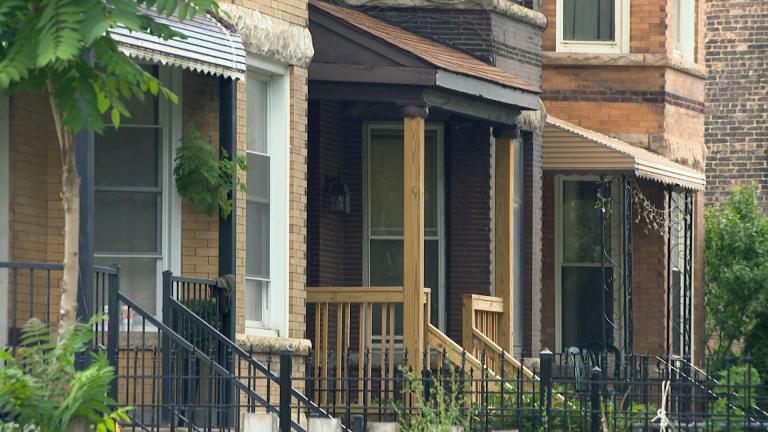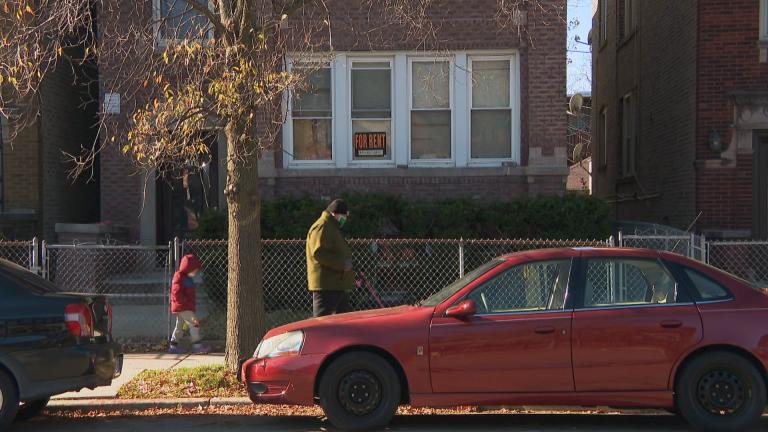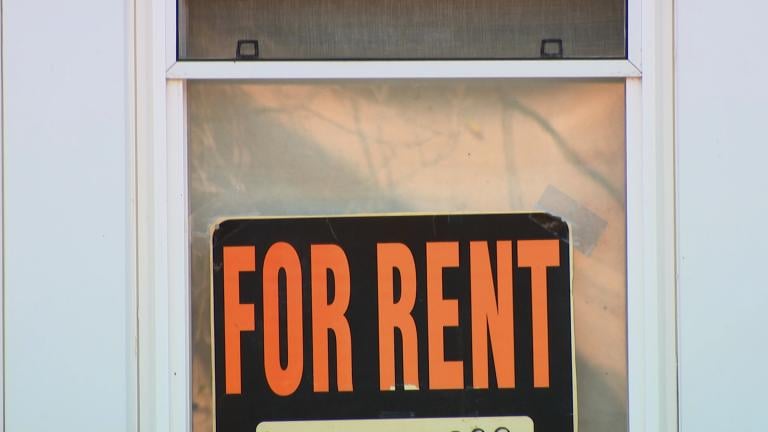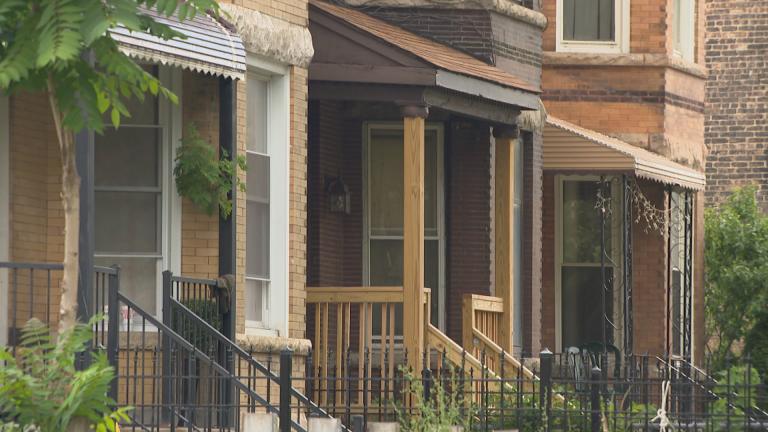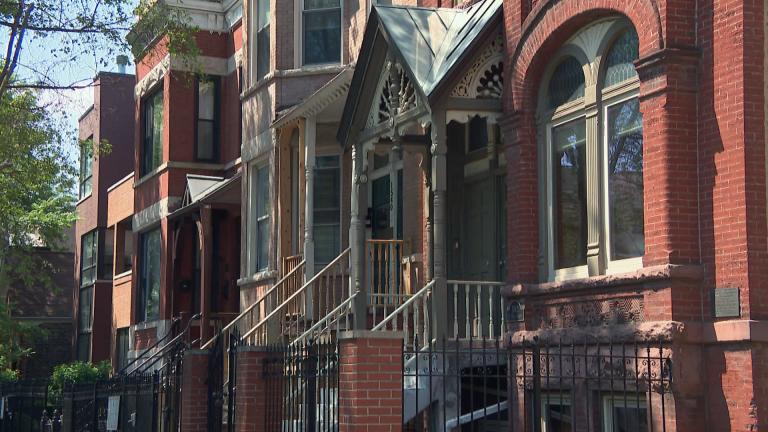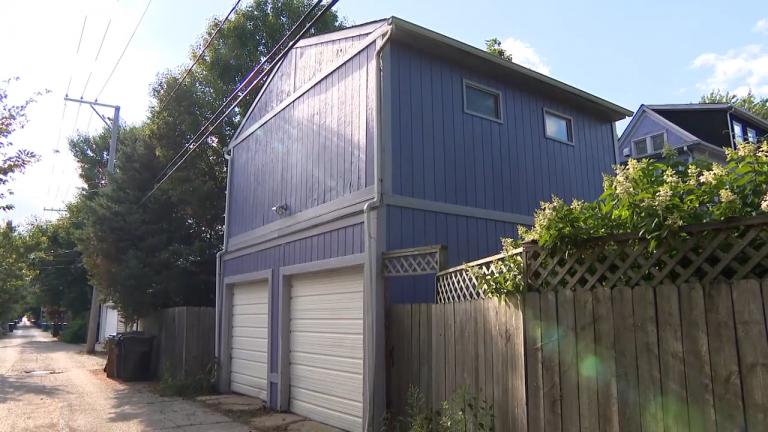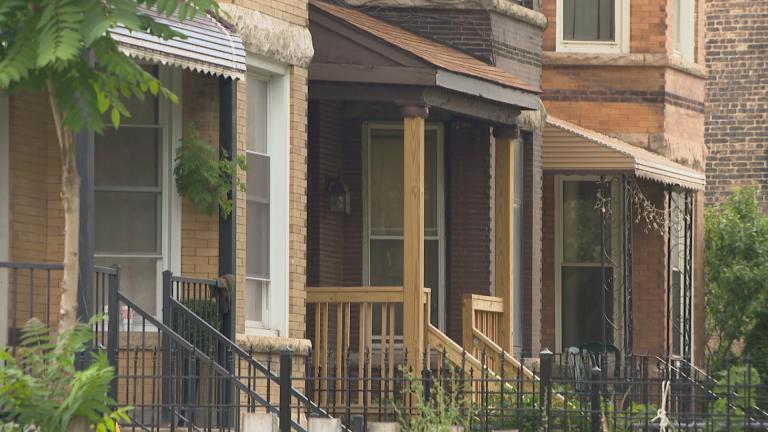The three proposals would invest $550 million in the Loop to build 1,059 apartments in what is now mostly empty office space, including 317 units set aside for low- and moderate-income Chicagoans as part of an effort to reduce segregation in Chicago in return for $188 million in city subsidies, officials said.
Marisa Novara
Mayor Lori Lightfoot said she was determined to chart a “bright and lasting” future for LaSalle Street between Washington Street and Jackson Boulevard, an area of the city she said had been permanently altered by the shifts triggered by the COVID-19 pandemic.
A proposal crafted by Housing Commissioner Marisa Novara is designed to bolster the city’s policy to encourage transit-oriented development by boosting incentives and increasing pedestrian safety while increasing the amount of affordable housing being built near train stations and along bus lines.
Efforts to rethink the policy and spur development on the South and West sides while preventing long-time residents from being displaced from the Northwest Side are starting to pay off, symbolized by the grand opening set for Friday of an apartment complex near the CTA Blue Line Logan Square station, Housing Commissioner Marisa Novara told WTTW News.
Housing Commissioner Marisa Novara said the initial imposition of the fee in April 2021 had helped slow gentrification-fueled displacement happening along the popular biking and jogging trail and in Pilsen, one of the city’s most in-demand real estate markets.
Efforts backed by Mayor Lori Lightfoot to reduce residential segregation in Chicago have begun to show signs of progress, officials with the Chicago Department of Housing say. The centerpiece of that effort is a revamped ordinance that requires developers who get special permission from the city or a subsidy to build more units earmarked for low- and moderate-income Chicagoans and pay higher fees.
“We envision a city where every resident, no matter age, income, identity, ability, has the opportunities and the resources to lead comfortable lives in the communities they call home,” Mayor Lori Lightfoot said Monday.
Nearly 70,000 Illinoisans said they’re “very likely” to leave their home due to eviction within the next two months, according to a recent U.S. Census Bureau Household Pulse Survey.
The Chicago City Council may be forced to confront the role its decades-old tradition of giving aldermen the final say over housing developments in their wards has played in creating a hyper-segregated city rife with racism and gentrification.
Approximately 26,850 Chicagoans who lost their jobs or found their paychecks scaled back because of the COVID-19 pandemic applied for $137 million in grants designed to stave off a wave of evictions and keep the lights on across Chicago, officials said Monday.
The plan is designed to give developers incentives to build in parts of the city where there is little affordable housing or where longtime residents are vulnerable to displacement, officials said.
Property owners and developers who want to demolish existing buildings in Pilsen and near the 606 trail would be required to pay a fee that would be used to fund affordable housing projects across the city, under a proposal set for a final vote Wednesday.
Property owners and developers who want to demolish existing buildings in Pilsen and near the 606 trail would be required to pay a fee that would be used to fund affordable housing projects across the city, under a proposal introduced Wednesday by two progressive aldermen and Mayor Lori Lightfoot.
Aldermen on Tuesday advanced a scaled-back effort to test whether Chicago’s affordable housing crisis could be eased by permitting basement, attic and coach house dwellings in five areas of the city.
The city’s Affordable Requirements Ordinance created just 1,049 homes in 13 years by requiring some developers to set aside units for low- and moderate-income Chicagoans, but that has barely dented the city’s affordable housing gap, according to a new report.
For the first time in over a decade, Chicago has a stand-alone Department of Housing dedicated to providing affordable options for city residents. How that department plans to increase affordable housing and fight segregation.

